Georgia and EU: from “model candidate” to sovereign actor Article by Vladimir Tskhvediani
Relations between Georgia and the European Union continue to deteriorate. Yet, since Europe has few real levers of economic influence over Georgia, Brussels’ anti-Georgian measures are largely “informational and demonstrative” in nature.
The European Commission has not invited Georgia to the EU Enlargement Forum, which will take place today, November 18, in Brussels. This was announced by Guillaume Mercier, spokesperson for the European Commission on Enlargement, International Partnerships, and Mediterranean Affairs. He recalled that the Commission’s recent report noted Georgia’s increasing drift “away from the EU values” and a slowdown in the reforms required for EU accession.
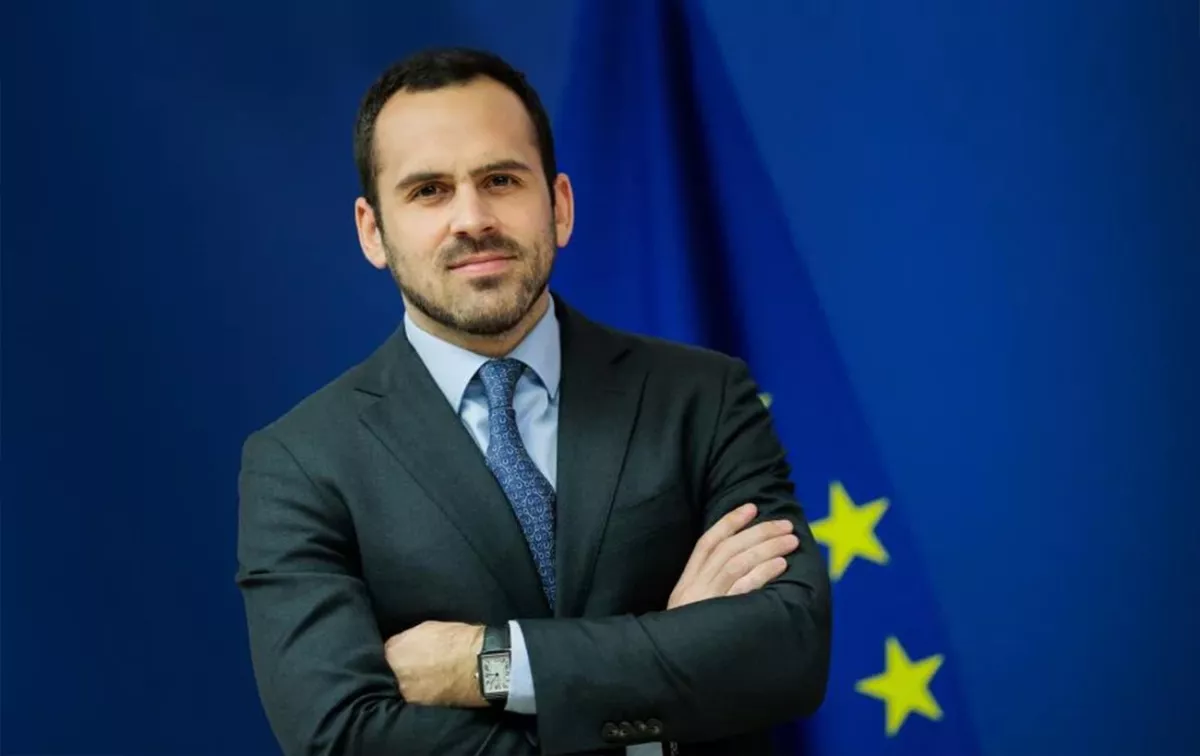
“The report finds that there was backsliding from EU accession reforms, and it is really unprecedented for a candidate country. The situation has really deteriorated over the past few months, and we really marked democratic backsliding,” Mercier said.
Another possible “punitive measure” against Georgia from the EU may be the suspension of the visa-free regime for Georgian citizens. However, given the complexity of the mechanism for suspending visa-free travel, the restrictions may once again apply only to holders of diplomatic passports, although a full return to visas for all Georgian citizens cannot be ruled out.
At the same time, it is worth recalling that Georgian citizens have obtained visas for travel to the EU during periods far more difficult for the country’s economy, and this was never a major problem. Moreover, given Georgia’s record-high economic growth, the reinstatement of a visa regime with the EU would only encourage labour migrants to return home, where they now have far greater opportunities to find decent employment.
Rikard Jozwiak, an editor at Radio Free Europe/Radio Liberty, wrote on X that EU ambassadors have agreed on a simplified procedure for suspending the visa liberalisation mechanism. According to him, diplomats “gave the green light” on November 12, and the decision will be formally adopted by the end of the month.
“26 November — signing ceremony in the European Parliament. December — entry into force, could be used against sections of Georgian passport holders soon,” Jozwiak noted, emphasising that, in his view, the suspension of visa liberalisation could primarily affect Georgia.
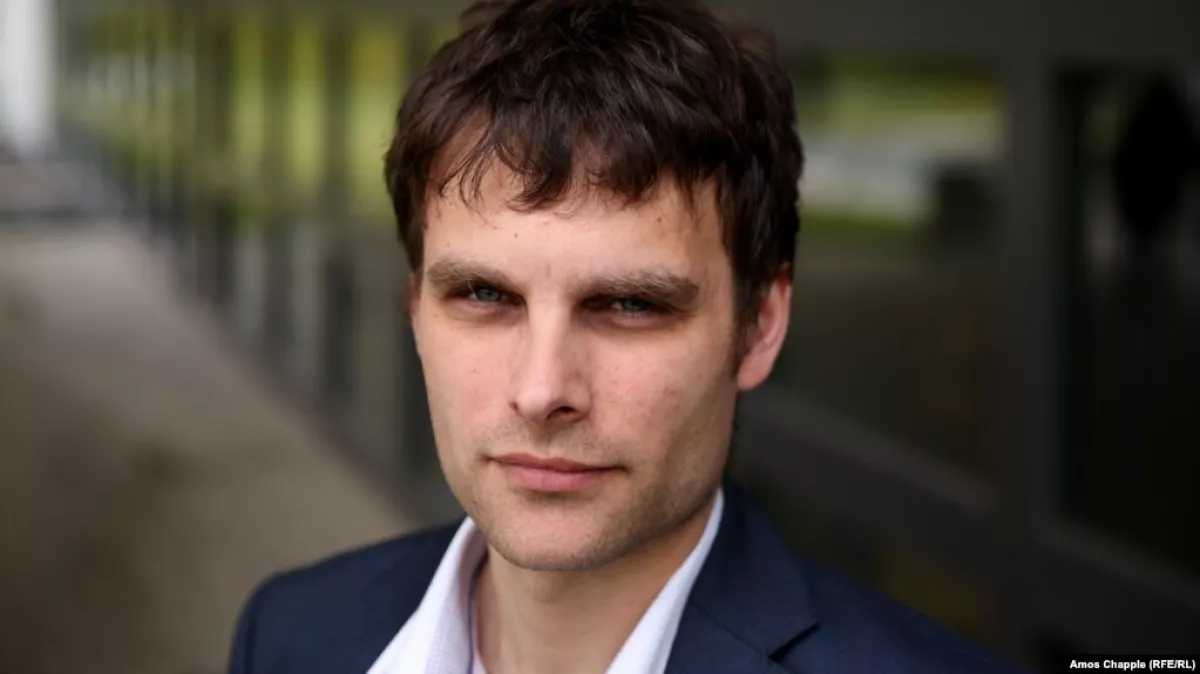
Georgia’s Foreign Minister Maka Botchorishvili views Brussels’ possible decision to revoke visa-free travel as direct punishment of the Georgian people for the democratic choice they have made. She also placed responsibility on the EU for the pause in the country’s European integration. According to her, the European Union itself halted communication after the legitimate parliament adopted laws that Brussels did not approve of.
Maka Botchorishvili stressed that European integration is increasingly being used as a tool of political pressure on Georgia: this first became evident during discussions on candidate status, and is now being repeated in the post-election period. She added that attempts to influence internal processes through threats or restrictions do not align with European values.
The view that the European Union, by issuing ultimatums to Georgia, has itself lost touch with its own values is shared by the Speaker of Parliament, Shalva Papuashvili.
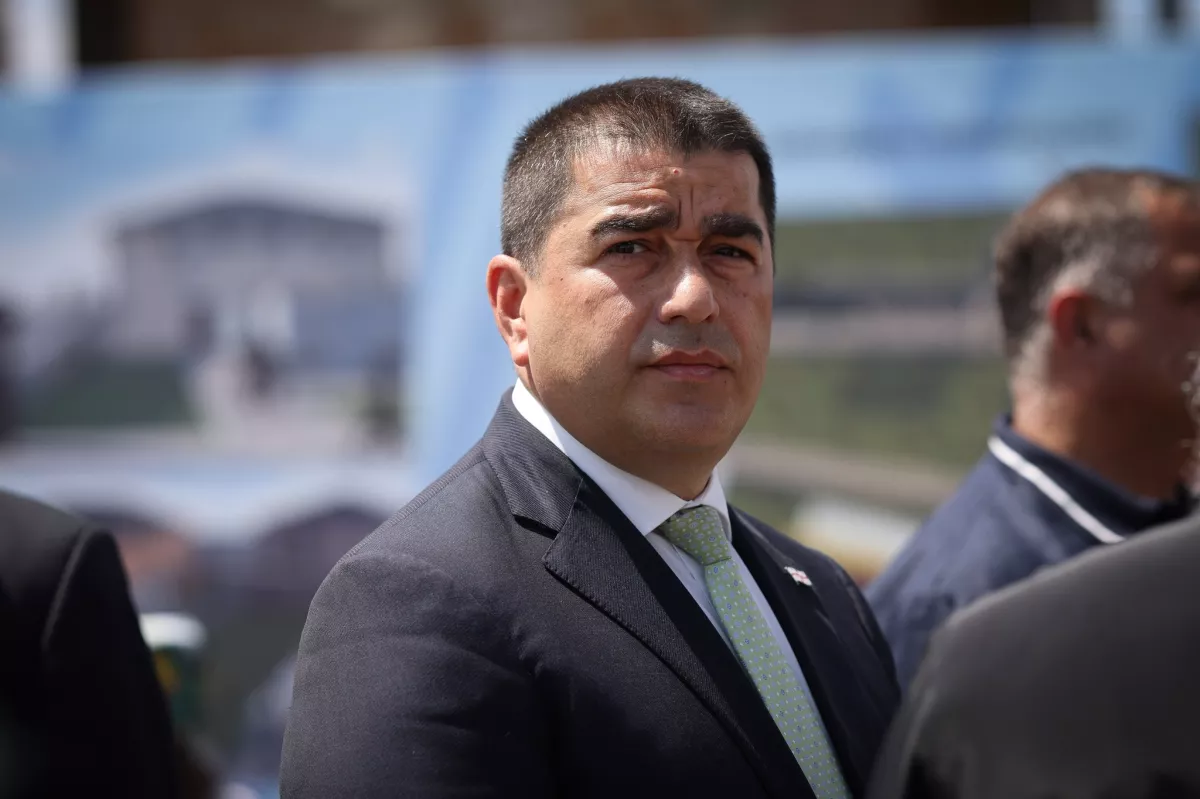
“As we, Georgians, understand and share it, a European value is dialogue, not confrontation; conversation, not directives; awareness of others’ interests, not the imposition of instructions. Unfortunately, Brussels is now moving away from these values, and this is precisely what results in the confrontational tone, attacks, and rhetoric that we hear directed at the Georgian people,” the Speaker stated.
Papuashvili also believes that the European Union is increasingly assuming the role of a false moralist and intervening in the affairs of other countries where it is inappropriate. According to him, this is also evidenced by the fact that US Secretary of State Marco Rubio publicly reminded Brussels of the need to refrain from adopting a lecturing tone towards other states.
It should be recalled that disagreements emerged between US Secretary of State Marco Rubio and EU foreign ministers regarding Washington’s actions against drug cartels in Latin America. According to Reuters, French Foreign Minister Jean-Noël Barrot expressed concern, stating that US strikes on drug cartels “violate international law”. One might ask how many times France itself has violated international law by deploying its troops to African states.
In addition, EU High Representative for Foreign Affairs Kaja Kallas told Reuters that such strikes can only be justified by self-defence or a UN Security Council resolution.
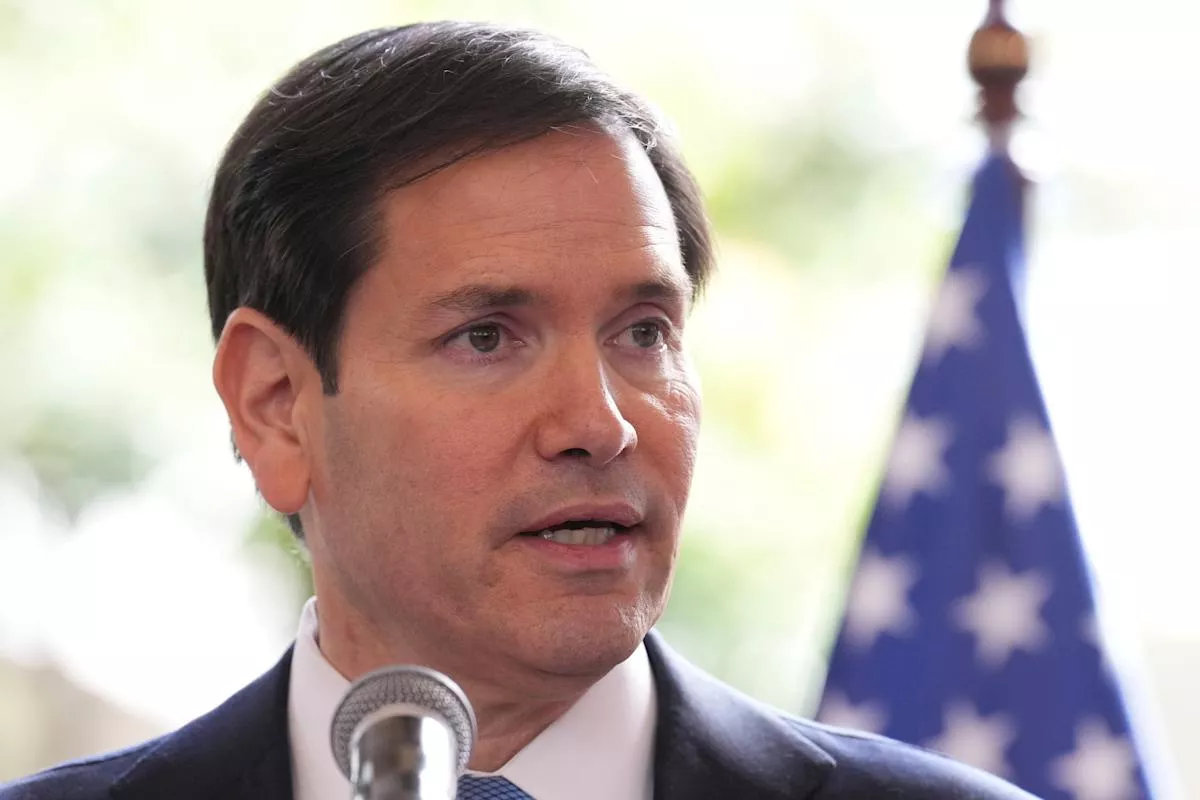
However, Marco Rubio stressed that the EU has no right to determine how the United States should protect itself from threats to its national security.
The disagreements mentioned by Shalva Papuashvili between the US Secretary of State and European foreign ministers over Washington’s right to use all available methods — including military force — to combat drug cartels that destroy lives through narcotics are highly telling. Today, the European Union has effectively become the epicentre of a global campaign to impose a liberal “agenda” that has nothing in common with the values of traditional Christian Europe. This agenda includes so-called “rights” (in reality, privileges) for LGBT groups, uncontrolled migration, and widespread drug use in society.
The Biden administration was previously fully aligned with the EU on these “agenda items”. But now clear contradictions have emerged between the EU leadership and the conservative Republican administration of President Donald Trump. Against this backdrop, Georgia — which upholds traditional values — is coming under attack from Brussels, but not from Washington.
Georgia’s display of “defiance” towards the EU is now becoming a factor in global geopolitics. It calls into question Brussels’ claims to the role of a “global geopolitical pole” on par with the United States. This is all the more so given that, unlike Washington, which possesses genuine military and economic power, the European Union seeks to project influence primarily through the exploitation of “membership promises”. In exchange for these promises and endless discussions about “European integration”, candidate countries are effectively required to surrender part of their national sovereignty to the Brussels bureaucracy.
These same empty “conversations about European prospects” include the EU Enlargement Forum, which will take place today, November 18, and to which Georgia has demonstratively not been invited. The forum will bring together senior representatives of EU member states, candidate countries, and EU institutions, as well as influential civil society actors, to discuss enlargement as a “shared political and societal project”.
But how much does Georgia really lose from no longer being “praised” in Europe or invited to yet another round of “European gatherings” — forums that offer nothing whatsoever except vague promises of possible EU membership “at some point in the future”? Particularly when compared to the price the country would have to pay for such “praise” and “talks of a European perspective.”
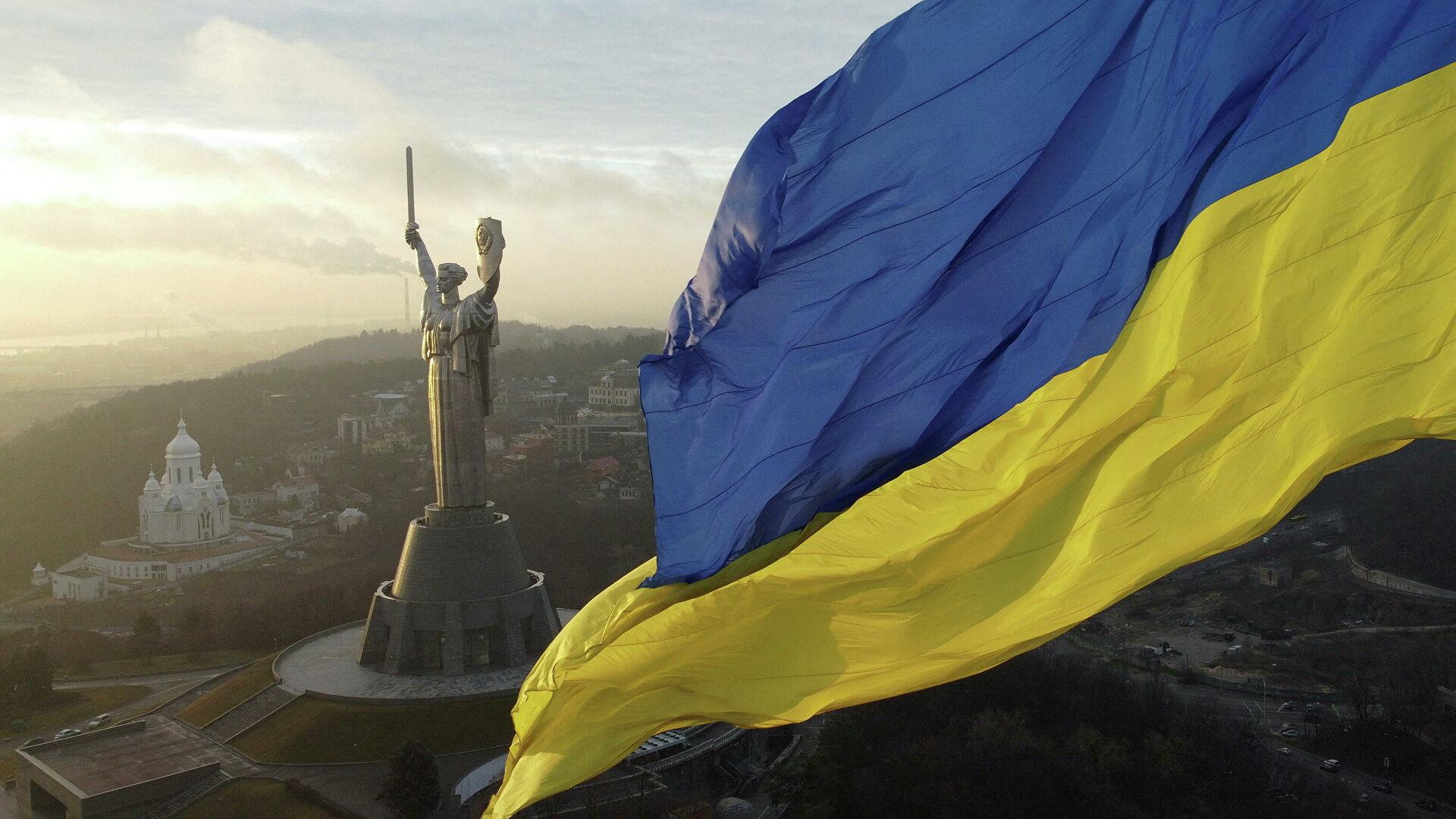
Before our eyes is the example of Ukraine, which has been fighting for its “European choice” for almost four years, losing hundreds of thousands of lives and not coming any closer to EU membership. Even the much-vaunted “visa-free regime” between Ukraine and the EU has, in practice, turned out to be highly limited: men liable for military service are forbidden to leave the country at all. And it is already clear that this measure by the Ukrainian authorities was, in no small part, the result of European initiative.
As soon as the Ukrainian government allowed unrestricted exit for men aged 18–22, German officials publicly voiced their discontent. The Prime Minister of the German federal state of Bavaria, Markus Söder, called for restrictions on the entry of Ukrainian men into Germany, while Chancellor Friedrich Merz appealed to Volodymyr Zelenskyy to prevent the mass arrival of young Ukrainians.
“During a long telephone conversation, I asked the President of Ukraine to ensure that young men, particularly from Ukraine, do not come to Germany in large numbers — in ever-increasing numbers — but serve their country instead. They are needed there,” Friedrich Merz said.
This is why, when commenting on Brussels’ anti-Georgian démarches, MP and Deputy Speaker Thea Tsulukiani stated that Georgian society would never accept a model in which European structures praise Georgia for taking part in other people’s wars at the cost of human lives.
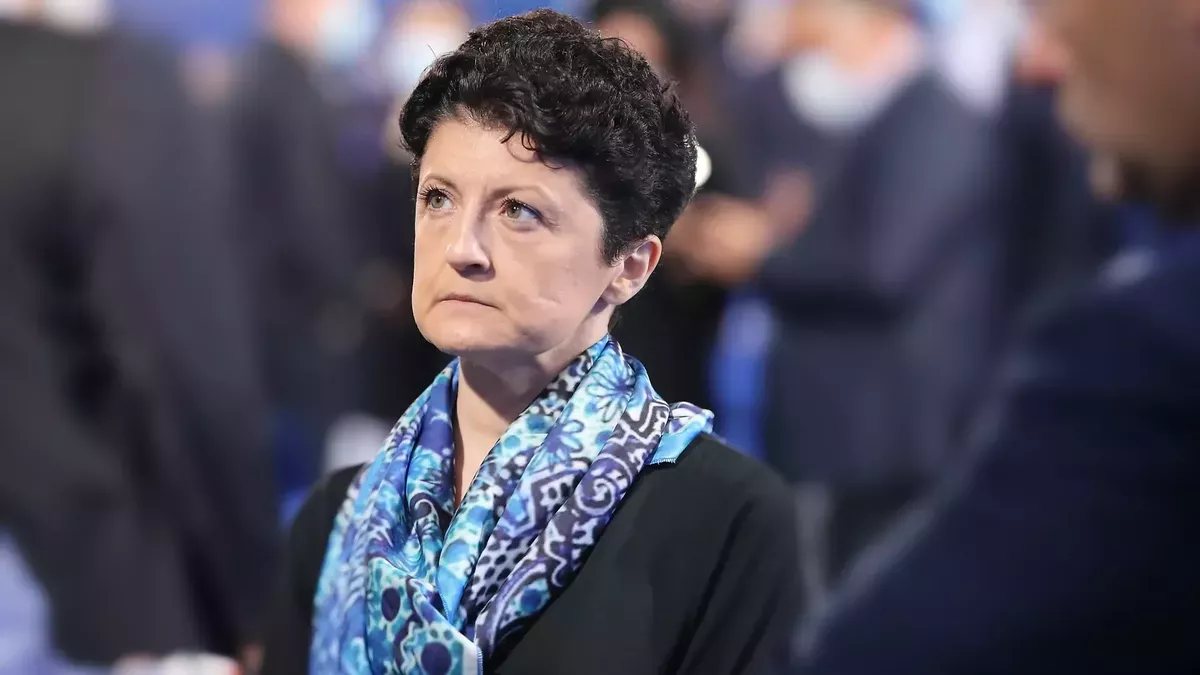
According to her, Georgia was expected to open a second front against Russia — to force the redistribution of Russian military resources and protect the Baltic states. And for this, in the logic of certain European politicians, Tbilisi could have been “rewarded”. However, Thea Tsulukiani stresses that the supreme national interest is the lives of Georgian citizens, and this is precisely why the ruling team deliberately rejected a scenario that would have placed the country at risk of war.
She noted that Bidzina Ivanishvili withstood immense external pressure and did not allow personal interests to be placed above Georgia’s interests, despite attacks on his family and attempts to coerce the country into a dangerous escalation.
“I do not know a single Georgian who would want us to be praised in Brussels for Georgian boys dying while fighting in Europe’s place. We simply do not have that much blood,” Thea Tsulukiani said.
By Vladimir Tskhvediani, Georgia, exclusively for Caliber.Az








